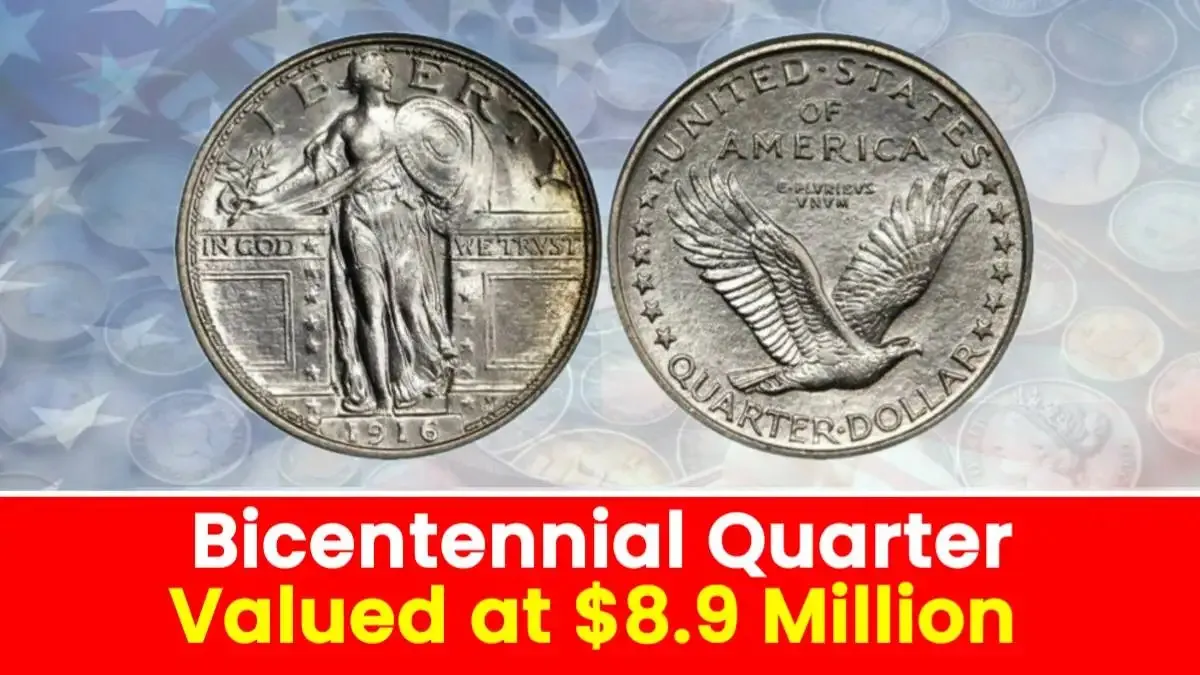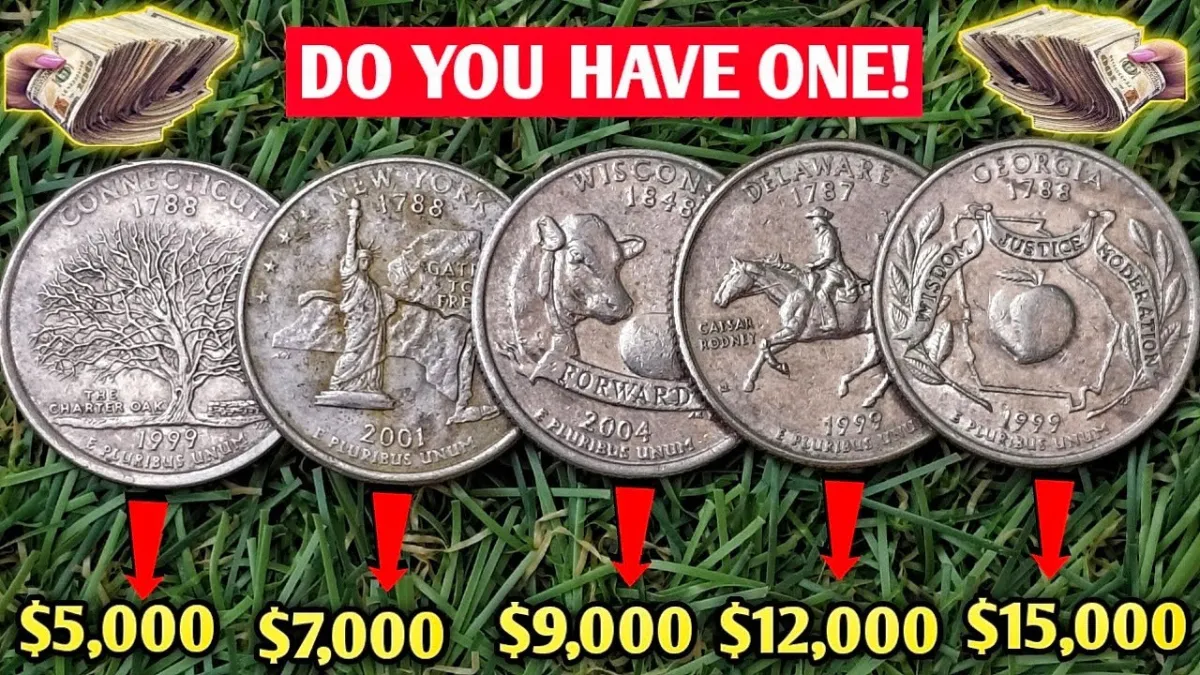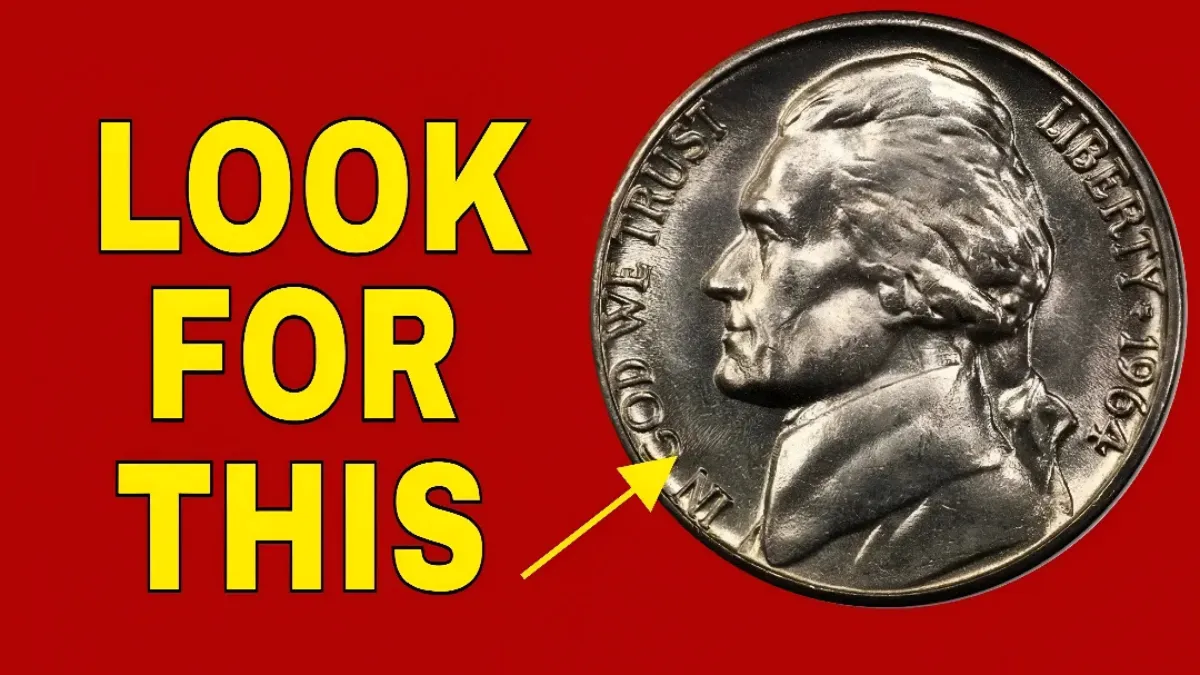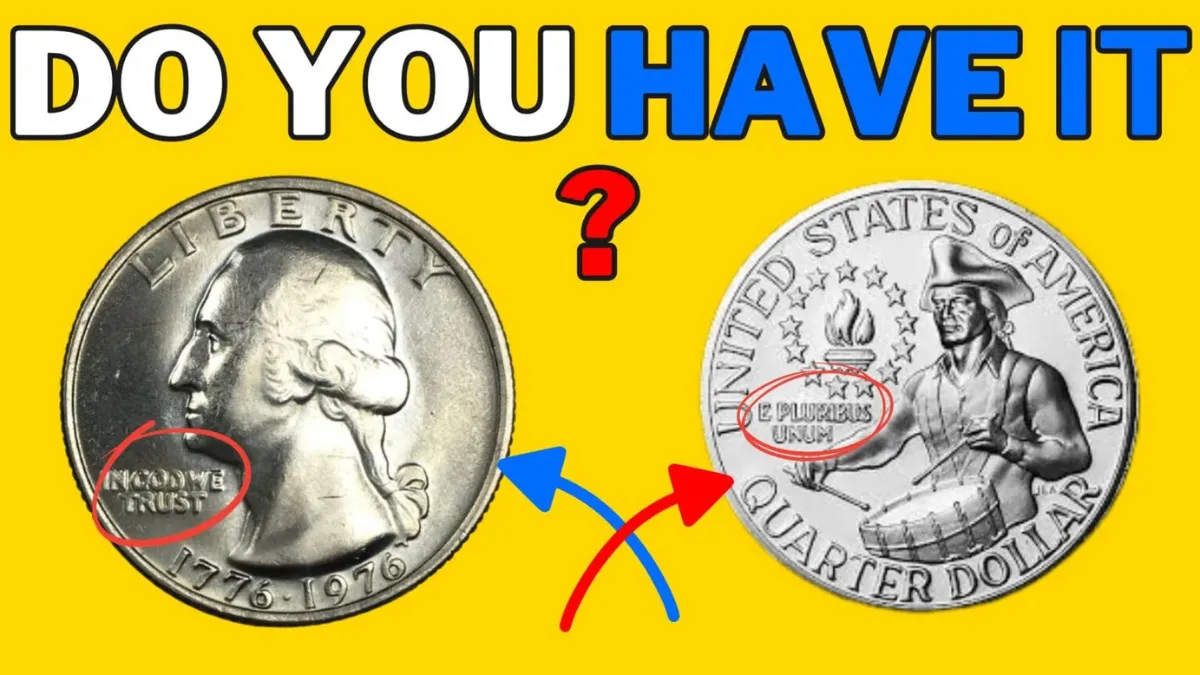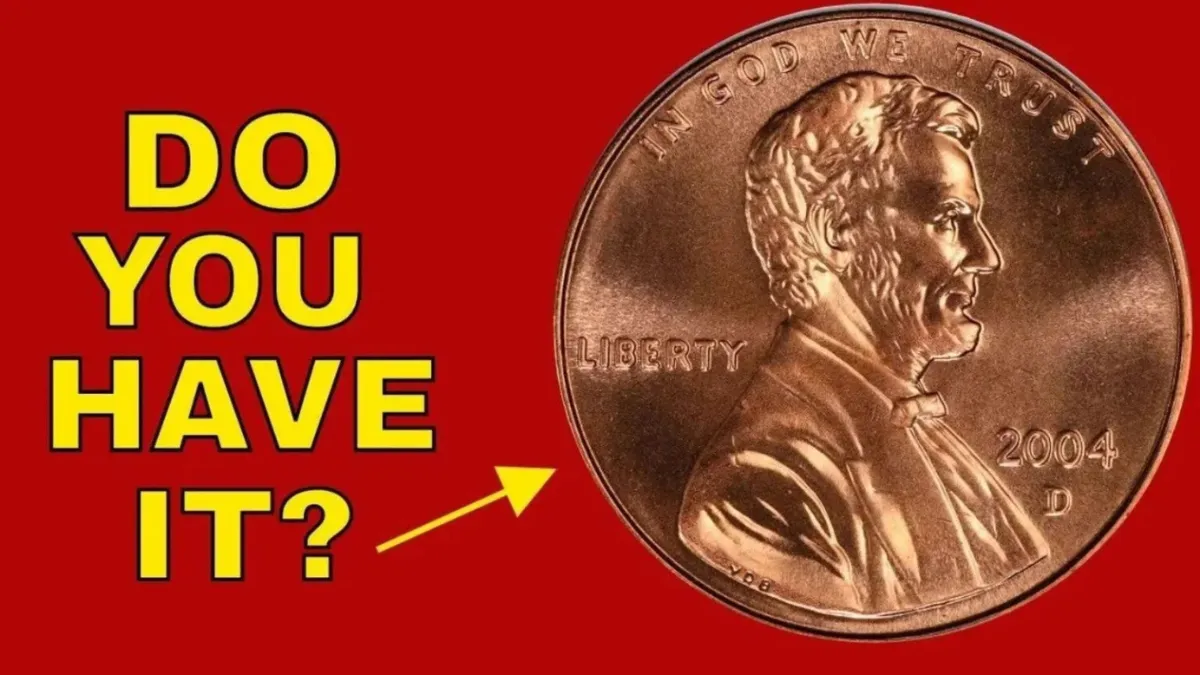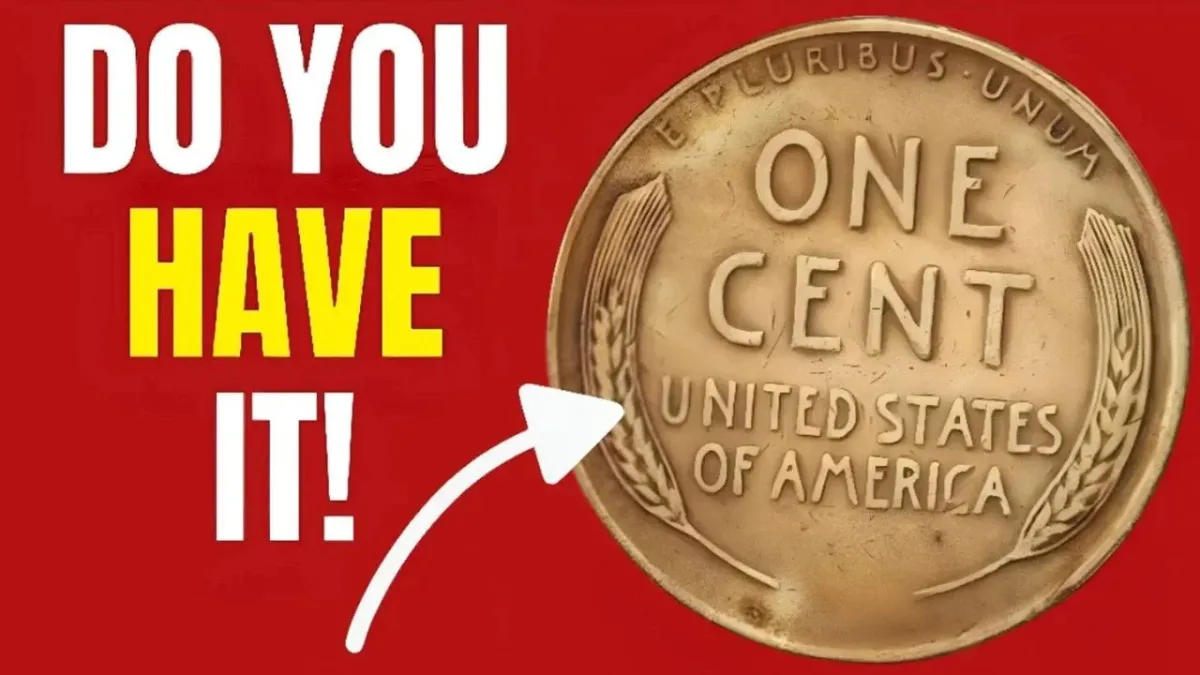UK residents may be eligible to earn up to £18,570 tax-free in 2025. People living in the UK might be able to earn up to £18,570 without paying tax in the 2025/26 tax year, thanks to existing income tax allowances provided by HMRC.
Although this is not a direct benefit from the Department for Work and Pensions (DWP), it is a legal way to save money on taxes. This opportunity is especially helpful for retirees, part-time employees, and those with lower earnings.
By planning carefully, you can combine three key tax-free allowances—Personal Allowance, the Starting Rate for Savings, and the Personal Savings Allowance—to increase your take-home income without entering the taxable range.
Breakdown of the £18,570 Tax-Free Income Opportunity
| Tax-Free Component | Amount (2025/26) | Description |
|---|---|---|
| Personal Allowance | £12,570 | Tax-free earnings from work, pension, or some benefits |
| Starting Rate for Savings | Up to £5,000 | Tax-free savings interest for those with low non-savings income |
| Personal Savings Allowance | £1,000 | Extra interest on savings that’s tax-free for basic-rate taxpayers |
| Total Potential Tax-Free | £18,570 | Combined tax-free income if you qualify for all allowances |
What Is the Personal Allowance?
The Personal Allowance for the 2025/26 tax year is set at £12,570. This means the first £12,570 you earn from work, a pension, or certain benefits is completely free from income tax.
If your total earnings, excluding savings interest, are within this limit, you won’t be required to pay income tax.
Starting Rate for Savings – A Hidden Gem
The Starting Rate for Savings allows you to earn up to £5,000 in interest from your savings without paying tax. However, this benefit applies only if your other (non-savings) income is low:
- You get the full £5,000 only if your non-savings income is £12,570 or less.
- For every £1 you earn above £12,570 in non-savings income, the starting rate decreases by £1.
Examples:
- If your non-savings income = £12,570 → You qualify for the full £5,000
- If your non-savings income = £13,570 → You qualify for £4,000
- If your non-savings income = £17,570 or more → You no longer qualify
What About the Personal Savings Allowance?
Basic-rate taxpayers are entitled to a £1,000 Personal Savings Allowance. This means you can earn up to £1,000 in interest from savings accounts tax-free, no matter what your other income sources are.
- Higher-rate taxpayers are only allowed £500.
- Additional-rate taxpayers (with income over £125,140) don’t receive any savings allowance.
Real-Life Example of £18,570 Tax-Free Income
Imagine a pensioner with the following income:
- Pension: £12,570
- Savings Interest: £6,000
Tax-Free Allocation:
- £12,570 → Covered under the Personal Allowance
- £5,000 → Covered by the Starting Rate for Savings
- £1,000 → Covered by the Personal Savings Allowance
✅ Result: All £18,570 is free from tax
Who Can Benefit the Most?
You could be eligible for this full tax-free income if you:
- Are a retiree without additional employment income
- Work part-time or earn below the Personal Allowance threshold
- Depend on interest from savings as a main income source
- Get DWP support but also hold personal savings
What Income Doesn’t Qualify?
Some income types are not included under this tax-free income setup:
| Excluded Income | Explanation |
|---|---|
| ISA Income | Already exempt from tax and doesn’t count toward allowances |
| Dividend Income | Governed by separate dividend rules and allowances |
| Capital Gains | Handled under Capital Gains Tax regulations |
How to Maximise Your Tax-Free Income
- Review your total income using financial records like bank and pension statements
- Try HMRC’s online tools to see how much of each allowance applies to you
- Arrange your savings in a way that keeps your taxable income under key thresholds
- Reevaluate each tax year to adjust based on any HMRC changes
Using this tax relief opportunity effectively can make a big difference for UK pensioners, part-time workers, and others on modest incomes. By combining the three allowances correctly, you can keep more of your money while staying compliant with tax laws.
FAQs
Is the £18,570 tax-free income a DWP payment?
No, it’s not a payment from the DWP. It’s a legal way to reduce your tax bill using HMRC allowances.
Can someone earning more than £18,570 still benefit?
Yes, but partially. The more non-savings income you earn, the less you benefit from the starting rate for savings.
Do I need to apply for these tax allowances?
No application is necessary. HMRC automatically applies the allowances when calculating your tax.

